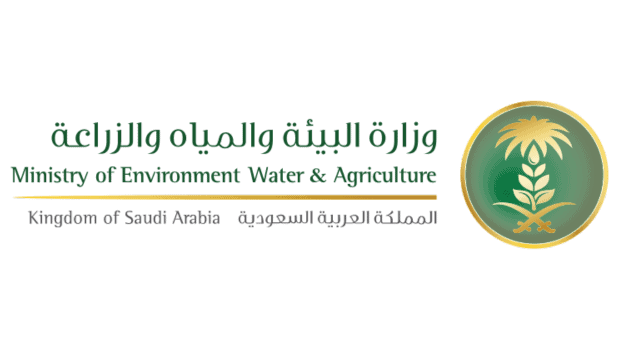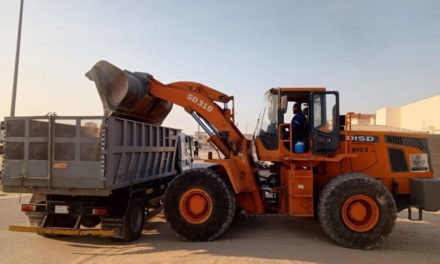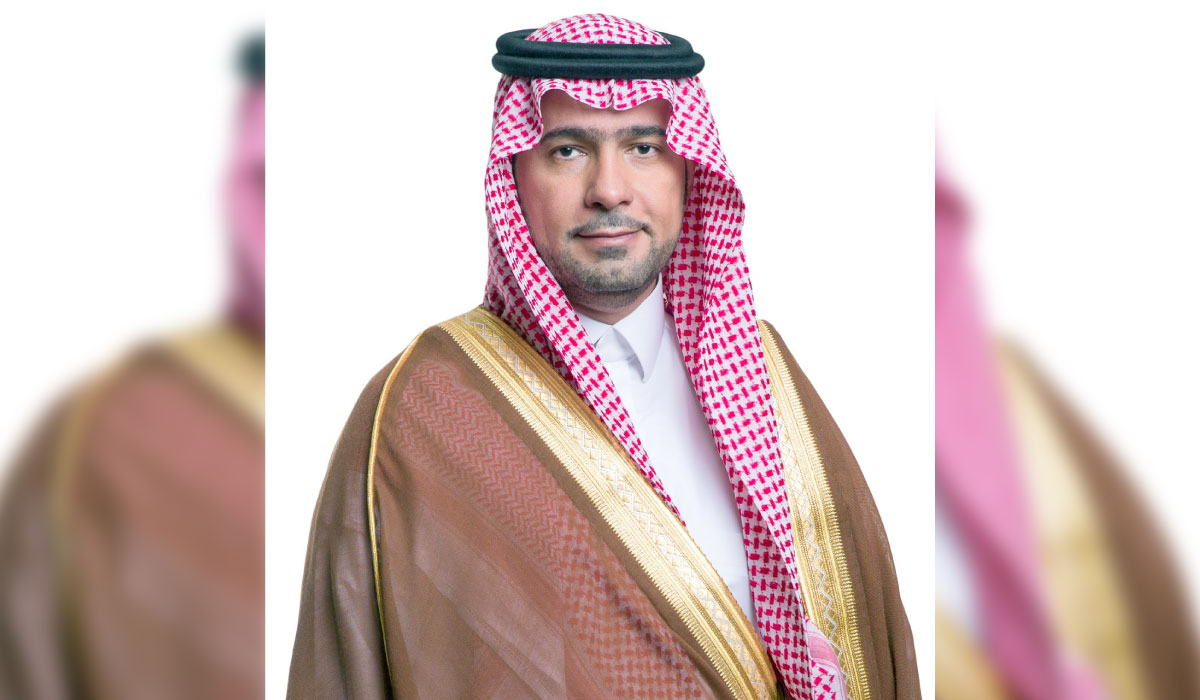On World Bee Day, Saudi Arabia Launches Major Beekeeping Expansion
Riyadh, Saudi Arabia — Marking World Bee Day on May 20, the Ministry of Environment, Water and Agriculture announced the creation of seven regional queen bee breeding and package production stations, slated to begin operations in 2026. The initiative is part of a national strategy to preserve local bee strains, reduce import dependency, and boost rural economic development.
The new stations will be located in Jazan, Asir, Madinah, Makkah, Hail, Tabuk, and Najran, selected based on their ecological suitability for beekeeping. These will complement four existing stations in Abha, Al-Baha, Qassim, and Riyadh.
Strategic Objectives:
– Preserve and enhance local bee genetics
– Reduce reliance on imported bee packages (currently ~1.3 million per year)
– Train specialists in queen rearing and artificial insemination
– Promote best practices in disease prevention and modern hive management
– Conduct research and development to improve local bee strains
The ministry aims to attract private sector investment and involve cooperative beekeeping associations in the management and commercialization of the stations. The initiative will also include marketing support for bee products.
The announcement comes as part of Saudi Arabia’s broader efforts to modernize and professionalize the apiculture sector, which has become an increasingly important contributor to the rural economy. There are currently 25,644 licensed beekeepers in the Kingdom, managing over 1 million hives and producing roughly 5,832 tons of honey annually—across more than 20 honey varieties, including Sidr, Talh, and Samar.
Rural Development Backing:
The sector has also benefited from financial support through the Saudi Sustainable Rural Agricultural Development Program (Reef Saudi):
– 14,000 beekeepers supported
– SAR 190 million in funding disbursed
– Establishment of 3 high-tech labs for disease diagnostics
– Deployment of 8 mobile veterinary clinics to support beekeepers in rural pastures
The ministry emphasized the role of modern apiculture in boosting honey quality, enhancing productivity, and protecting pollinator health, while also encouraging responsible pesticide use and environmental protection.
Saudi Arabia continues to position itself as a regional leader in sustainable agriculture and agricultural innovation, in alignment with Vision 2030 goals for food security, rural development, and environmental preservation.






